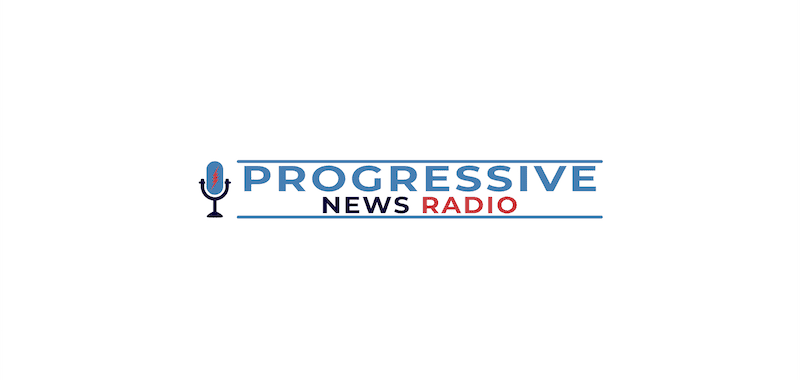Pre-exposure prophylaxis (PrEP) is a medication regimen that effectively helps prevent the transmission of HIV. Under the Affordable Care Act (ACA), most private health insurance companies must cover preventive care services, including PrEP, without additional cost-sharing. In Braidwood v. Becerra, a for-profit corporation challenged the ACA’ s PrEP coverage mandate. The corporate plaintiff argued that compulsory PrEP coverage infringed upon its religious beliefs and violated the Religious Freedom Restoration Act (RFRA) as a result. Even though the PrEP coverage mandate was an evidence-based decision made by an expert panel of reviewers under the ACA, the court ruled that mandating PrEP coverage violated the corporation’s rights under RFRA. The corporate plaintiff argued that covering PrEP required it to support behaviors that it condemned, like homosexuality and intravenous drug use, in violation of its right to the free exercise of religion. The court accepted this argument. This ruling has repercussions for both clinical practice and public health.
First, Braidwood has significant public health ramifications. The case rests on a false premise. The corporate plaintiff asserted that compulsory coverage for HIV preventive services “violates their religious beliefs by making them complicit in facilitating homosexual behavior, drug use, and sexual activity outside of marriage between one man and one woman.” This is a dangerous sentiment as it neglects a key fact: HIV can be contracted in ways other than drug and same-sex intercourse. For instance, the virus can also be transmitted via needlestick injuries and from mother to child. Despite the plaintiffs’ religious misgivings about PrEP coverage, its benefits are not limited to the LGBTQIA+ community or to at-risk drug users. PrEP, when taken as prescribed, is highly effective at preventing HIV in higher-risk heterosexuals. The court’s decision rests on old tropes about homosexuality and drug abuse. Such attitudes hurt the LGBTQIA+ community, an already marginalized demographic, and undermine public health for all of us.
The court ruling also strains health care systems and the individuals who work in them. Prevention against disease is considerably more cost-effective than pursuing treatment for the disease and, in turn, decreases morbidity and mortality for the patient. When patients take their PrEP regimen as prescribed, they are likely to avoid high medical bills that may accompany antiretroviral therapy for HIV. Restricting access to PrEP leads to a higher incidence of HIV transmission (and AIDS), consequently burdening health care systems and increasing health care costs through worsened outcomes. The ruling also taxes physicians and health care providers. Physicians enter medicine due to a commitment to help others. External factors, such as political partisanship, that interfere with their ability to render high-quality care and treat their patients cause burnout and even moral injury. Evidence-based medicine is being challenged by what is often considered a political and profit-driven health care system where physicians are now required to navigate complex legal landscapes and policy design. While the perspectives of judges and politicians may be valuable in shaping health policy, the unique insights and specialized training of physicians are the most essential factors in providing optimal patient care.
Finally, Braidwood is the antithesis of what medicine represents: a holistic approach that emphasizes the treatment of the patient as an individual, not merely their illness. The court’s decision has a lot to say about religious exercise and little to say about the patients who need PrEP. There is nothing about PrEP that transgresses the tenets of religion; to the contrary, if anything, preventing the transmission of a potentially fatal illness is an act of love, which lies at the very core of religion. The court’s decision elevates fear and disdain of “those people” who get AIDS over the needs of the public. In effect, the court did what a physician would never do: it focused myopically on the problem (the plaintiffs’ objection to the lifestyles of others) rather than the bigger picture (how we live and prosper together or not).
This court case is only one of many examples that reflect the encroachment of politics and judicial decision-making into exam rooms across the country. Empirical research has repeatedly demonstrated the remarkable efficacy of PrEP in reducing the risk of acquiring HIV. The moral preferences of the few should not take precedence over the greater good. When judges dictate how medicine should be practiced, the law enters a dangerous territory. Little good can come from undermining physician authority and judgment or hampering their ability to practice good medicine. PrEP is an evidence-based solution to a longstanding problem. It saves lives. How can that possibly violate religious freedom?
Eliot H. Blum is an emergency medicine physician. Xyruz Villariz and Jasmine Ann Castillejos are medical students.


